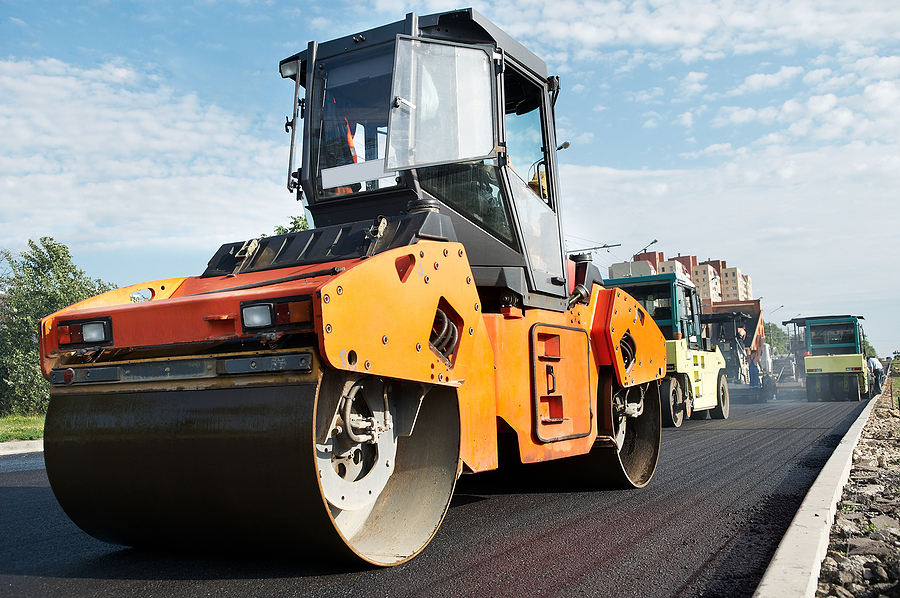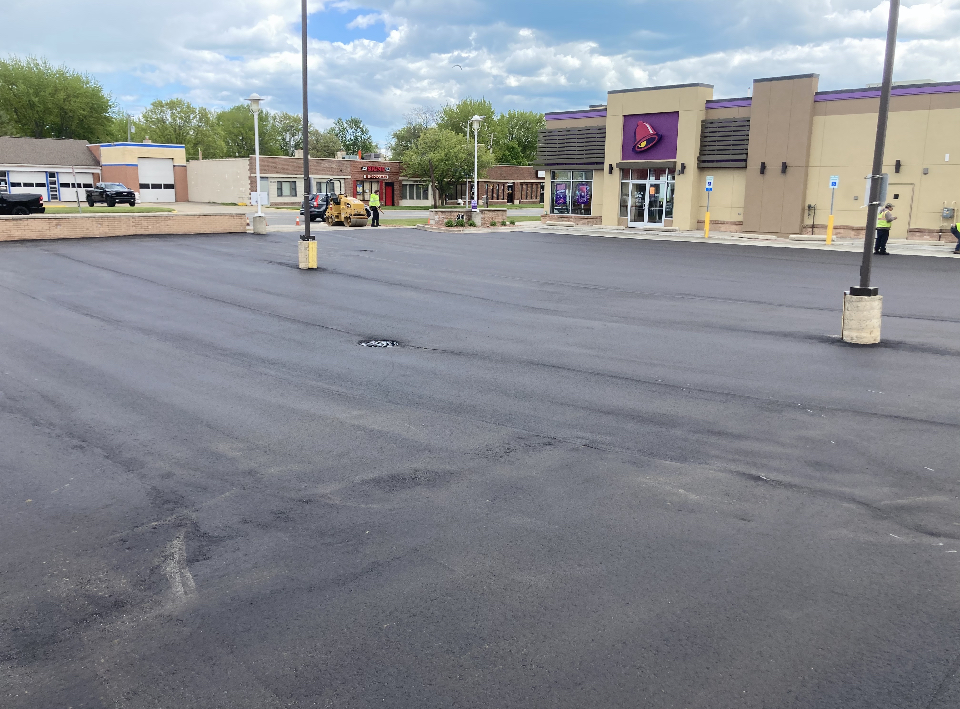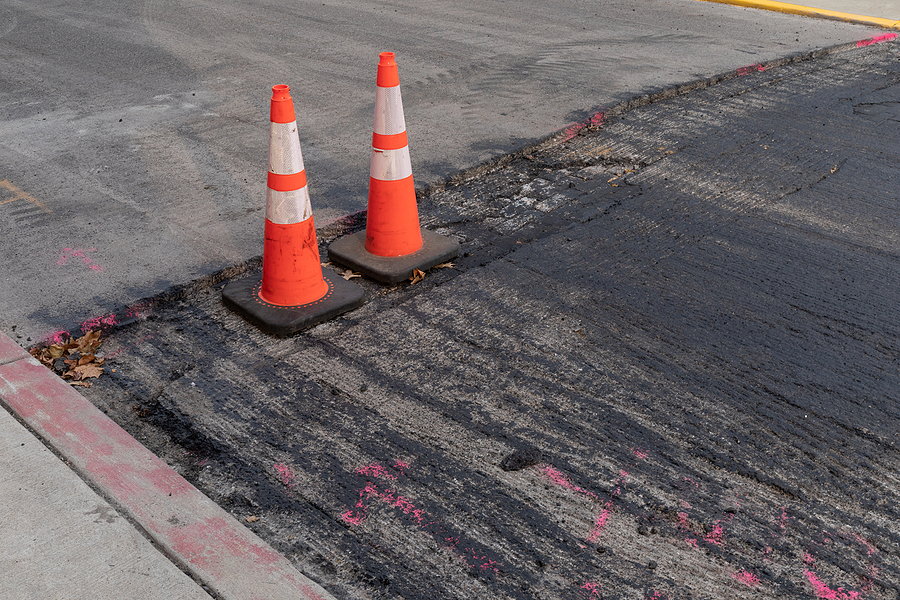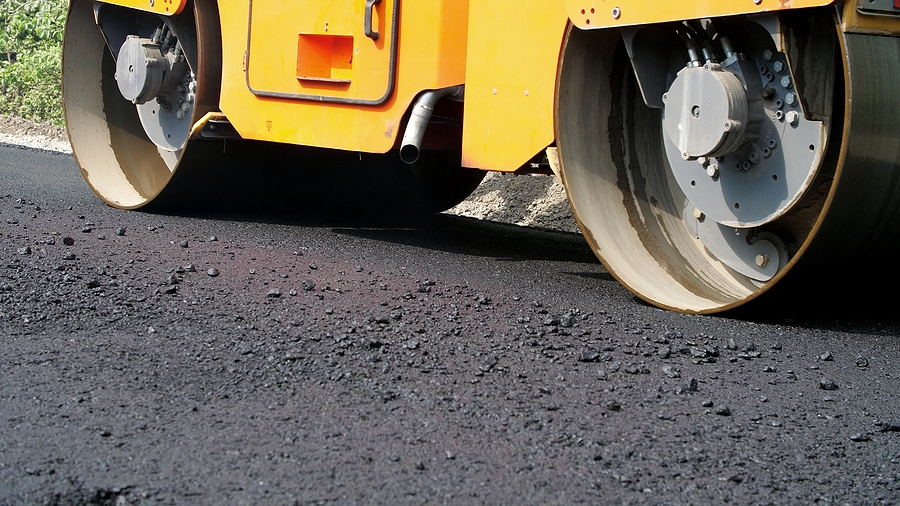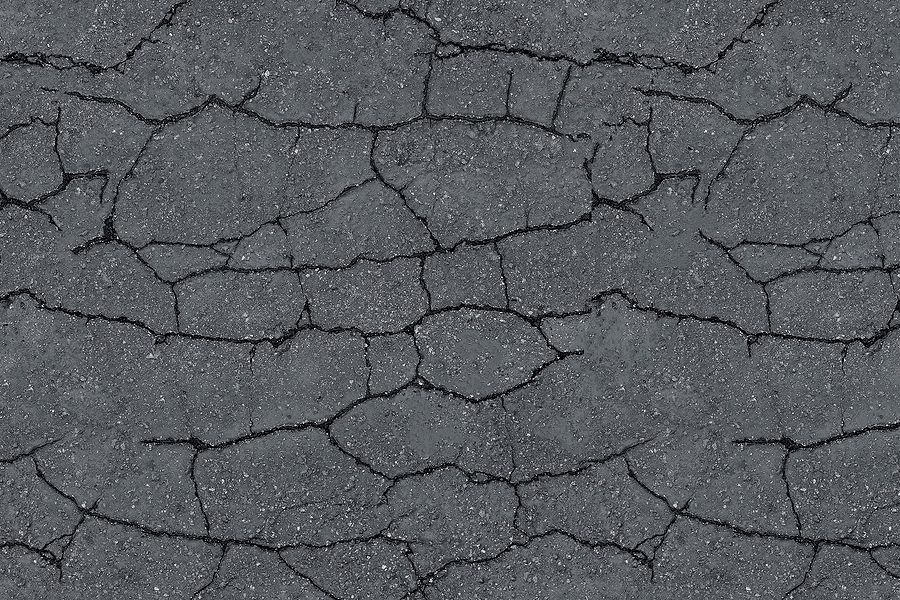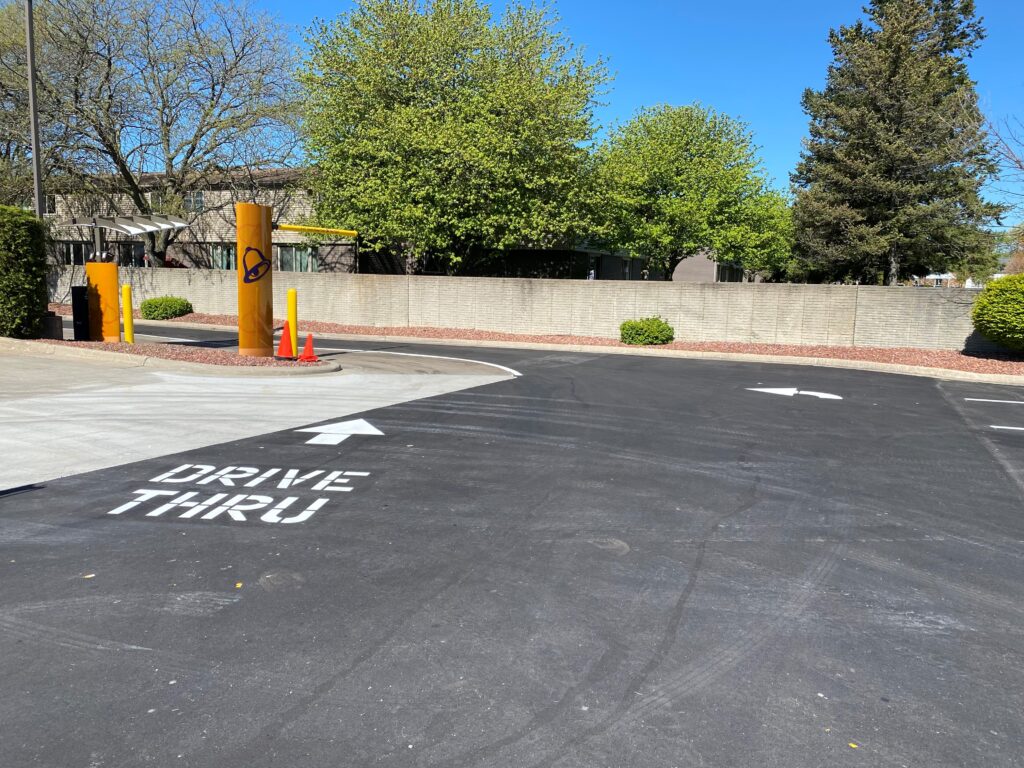Understanding the cost of asphalt is crucial for homeowners, property managers, and construction professionals. Whether you’re planning a new driveway, repairing a parking lot, or managing a large-scale project, knowing what factors affect asphalt costs can save you time and money. In this guide, we’ll break down the average costs associated with asphalt, explore the factors that influence these prices, and offer practical tips for cost savings.

Factors Affecting Asphalt Costs
Material Quality
One of the primary factors influencing asphalt costs is the quality of the material. High-quality asphalt provides greater durability and longevity, but it comes at a higher price. Cheaper alternatives might save you money upfront, but they often require more frequent maintenance and repairs, ultimately costing more in the long run.
Project Size
The size of your project significantly affects the overall cost. Larger projects benefit from economies of scale, reducing the cost per square foot. Conversely, smaller projects tend to be more expensive on a per-square-foot basis due to fixed costs like equipment mobilization and labor.
Local Market Conditions
Local market conditions, including labor rates and material availability, also play a crucial role in determining asphalt costs. In areas with high demand for construction services, prices may be higher. Conversely, regions with abundant supply of asphalt materials may offer more competitive rates.
Average Cost Breakdown
Installation Costs
The average cost to install asphalt ranges from $3 to $5 per square foot. This includes the cost of materials, labor, and equipment. Installation costs can vary based on the complexity of the project, site preparation requirements, and local labor rates.
Repair Costs
Repairing asphalt surfaces typically costs between $2 and $4 per square foot. Common asphalt repairs include patching potholes, sealing cracks, and resurfacing worn areas. The extent of the damage and the type of repair needed will influence the overall cost.
Maintenance Costs
Regular maintenance is essential to prolong the lifespan of asphalt surfaces. Routine maintenance tasks, such as sealcoating and crack sealing, usually cost between $0.10 and $0.25 per square foot. Investing in regular maintenance can prevent costly repairs and extend the life of your asphalt surface.
Cost Savings Strategies
Plan Ahead
Planning your asphalt project in advance can help you secure better pricing and availability of materials and labor. Off-season projects often come with discounts, as contractors may have more flexible schedules.
Choose Quality Materials
Although cheaper materials might be tempting, investing in high-quality asphalt can lead to long-term savings. Quality materials offer better durability and require less frequent repairs, reducing overall costs.
Regular Maintenance
Performing regular maintenance on your asphalt surfaces can prevent minor issues from becoming major problems. Sealcoating, crack sealing, and regular inspections can help identify and address issues early, saving you money on extensive repairs.
Get Multiple Quotes
Requesting quotes from multiple contractors can help you find the best price for your project. Be sure to compare not only the cost but also the quality of materials and the reputation of the contractor.
Comparing the Cost of Concrete
While asphalt is generally a more affordable option than concrete, it’s essential to consider the long-term costs. Concrete typically has a longer lifespan and requires less maintenance, which can offset the higher initial cost. Additionally, factors such as climate and traffic patterns may influence the durability of each material, ultimately affecting costs.
The average cost of installing concrete ranges from $6 to $12 per square foot, which is significantly higher than the cost of asphalt. However, with proper maintenance and a longer lifespan, concrete may be a more cost-effective option in the long run.
Conclusion
Understanding the factors that influence asphalt costs and implementing cost-saving strategies can help homeowners, property managers, and construction professionals manage their budgets effectively. By investing in quality materials, planning ahead, and performing regular maintenance, you can ensure the longevity and performance of your asphalt surfaces.
We’re here to help you with all your commercial and industrial asphalt needs! Contact ACI Asphalt and Concrete at 317-549-1833 to learn more about commercial asphalt paving in Indianapolis, Indiana. We serve clients throughout the state.
Related Posts:
Strategies to Cut Costs on Commercial and Industrial Pavement Maintenance
How to Plan a Cost-Effective Commercial Asphalt Repair Project
Asphalt vs. Concrete: Which One is Better for Your Parking Lot?



